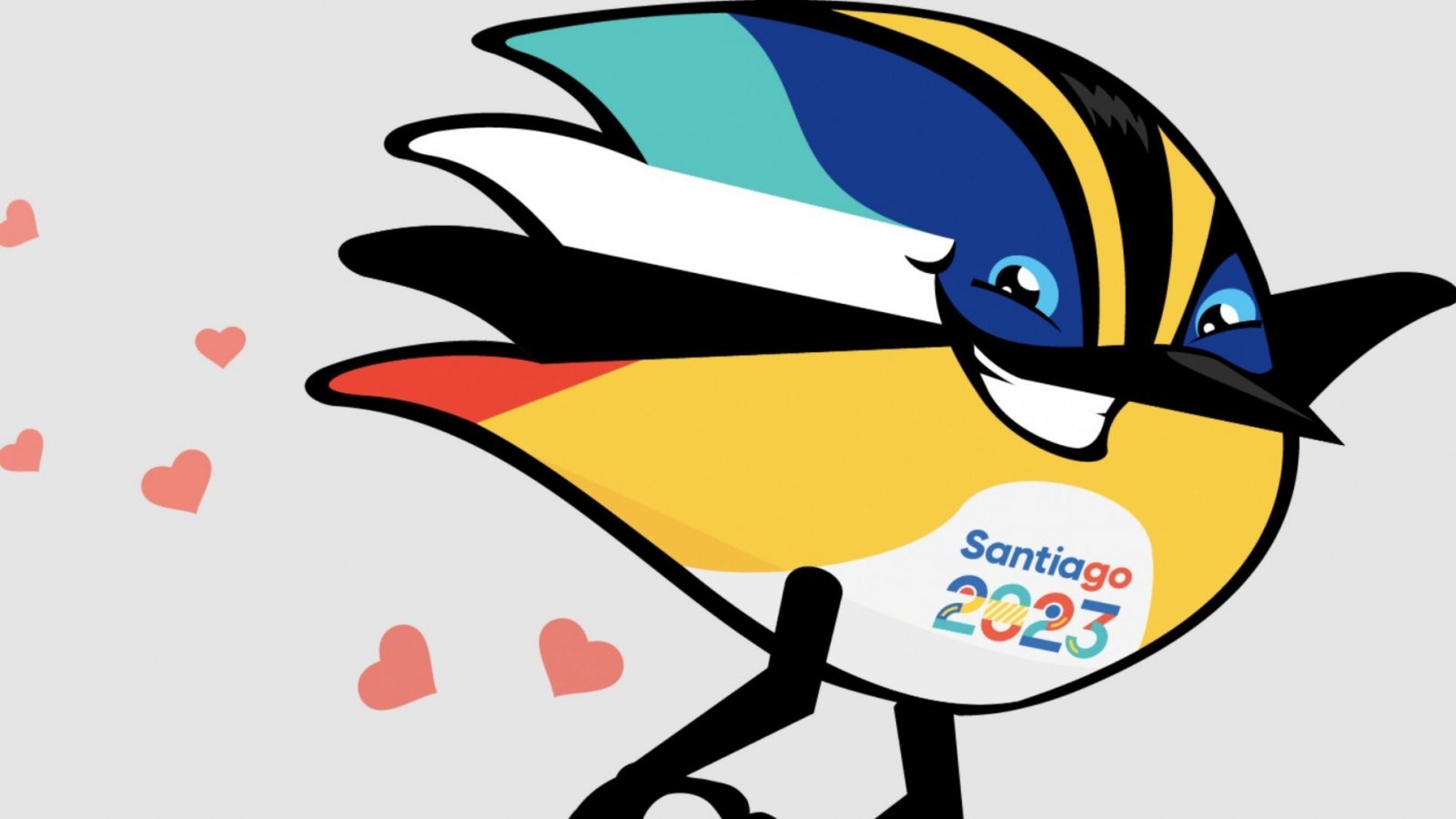The Heartbreak and Shame of Pretending to be Normal in A Neurotypical World
Por um escritor misterioso
Descrição
By Alice It’s going to be ok.I’m going to be ok.It’s just 8 hours.I’m going to be normal.But I’m not.I am faking it, I am not ok. I am not normal. Everyday, I play an act. I have been an actress my whole life. I am a researcher too. Everyday, I observe other people, list facts, organise them, I find patterns, and draw conclusions.I pretend that I am normal, that interactions are something natural for me, that lights and sounds are not a painful source of discomfort and I hide my obsessive thoughts and repetitive behaviours, and pretend I understand humans behaviours and visual cues.At least in public.When I get in the car after school, come back home after a social gathering, I burst into tears. I cry, and scream for hours in front of my mum everyday. And she does not understand.It’s a nightmare. I know there is something not quite right, but I don’t know what. Maybe I’m crazy. After all that’s what all the children at school always said, they called me a ‘retard’, a ‘crazy b****’, they said I’m a ‘f***ed up dumba**’, and the list goes on.I started hiding all these reactions I have out of fear and shame, and also because I did not quite understand why I was the only one who seemed to suffer so much from daily life.I am ok, I am fine, I can keep doing this. And everyday, I pretend that I’m like the others. I move and speak, I smile and laugh like them. But I hide too, I cry in the bathroom at school, and scream in my bedroom at home. I kept doing this during 15 years of school.I am an actress. But not a good one. I had to change school several times. Because when I’m tired, anxious or not focused I stop acting, my performance is not so good and people notice I’m different. They see through the mask and notice the act. And bullying starts again. Because being different makes you vulnerable and an easy target when you are a child or a teenager.I don’t understand all the rules of social interactions. I am confused because some rules are too vague, and others are contradictory. I was told that if someone asks you a question you should answer it. Which I did, because I like rules. But no one ever told me that if the teacher asks ‘Do you know who cheated during the last test?’ and you say the truth, students won’t like it. They called me a ’worthless c***’ others punched me, some threatened to kill me. Maybe these were just the words of angry 14 years old, but I understood them literally.It does not make sense to me. Some rules are to be followed, other are not. Sometimes people say things but mean the opposite, and you are supposed to know that. I asked someone if they are ok, they said ‘yes’ and two days later called me a s***** friend because I was not there for them. If they say ‘Be honest, do I look nice in this dress?’ You should NEVER be honest. But at the same time they say that good friends HAVE to be honest. If someone asks you how you are feeling they don’t want to know how you are feeling. And ‘Netflix and Chill’ does not mean just watching a film. Life is really confusing.I pretended, I learned from my mistakes for years, I hid, and started becoming really good at this. I was almost normal in public. But this has a cost. This cost was breakdowns and meltdowns, more and more often, every time I was alone, after every change in my precious routine, after being exposed to loud noises and bright lights, after socialising. I kept having breakdowns, and panic attacks until I reached the bottom. Emotionally and nervously exhausted, not able to get out of bed for days, wondering why life had always been so hard, why I felt so lonely and isolated from my peers and why it seemed that I was the only one who couldn’t manage. Why?The answer is simple and complicated. Simple because it is one word: autism. Complicated because this word has many meanings.When I came out as autistic to people around me, I did not expect denial and endless conversations during which they would list examples trying to prove that I am not autistic. Because I speak, smile, react during social interactions. I like literature and arts, because I like traveling and I am interested in more than one subject, because I am a girl, because I ‘seem fine’ because I ‘don’t look like an autistic person’ although autism is internal.All these clichés are dangerous. They ascribe false expectations and meaning to the word ‘autism’.And if I give details, and say ‘Asperger’s’ things get worse. They picture a genius, behind their computer, coding in a dark room or discovering new laws of physics. They think about someone who acts like a robot, has no empathy and stays inside.I love swimming and running in the forest, I love animals and spending hours reading books. I draw, I’m highly emotional, use metaphors and understand humour because language is an incredible social tool that has always fascinated me. But I am hyper sensitive to noise, touch and light. I can tolerate few types of food and I can’t read facial expressions. I have learned to look at people in the eyes but I still struggle sometimes. I have learned to use the appropriate facial expressions. I am good at hiding and I never show any sign of suffering. I don’t express any confusion even when I don’t understand the situations, that I am completely lost. I hide, I pretend, I fit in. Until I go back home, and let all the emotions out, the discomfort, the frustrations, and the pain.Autism is not an illness, it is not a disease. The symptoms are multiple and not always visible. People can’t put a precise label on you because of that and sometimes they refuse to accept the truth. They don’t understand because they can’t see everything. Because how you behave does not match the poorly informed cliché they have heard about autism.Autism is a neuro-developmental disorder. The brain of autistic people functions in a particular way because their nervous system developed differently from that of a ‘neurotypical’ person.Autism is characterized by numerous traits, each on a spectrum. Every autistic person has different symptoms, more or less visible. But it does not mean that it is not there. There are as many forms of autism as there are of autistic people. It is just a way of seeing and thinking and interacting with others that is different.I am lucky I have moved to a country where autism is well know and where the tools to diagnose it are starting to be adapted to women. Because we are good at pretending, and hiding. But this has a cost.I can’t really explain what it feels like to be autistic, what the symptoms are, what my autistic traits are because it does not strike me as surprising. It has been like that my whole life. It is what I have always experienced.But I draw.I started drawing in the margins of my notebooks at school to avoid looking in my teacher’s eyes. And it became a way of coping with anxiety, noises and lights. It is how I experience life with sensory issues and struggle with social interactions, how I deal with change and how strange the world is when you have autism. Life with autism can be amazing too, when you get the right support from your family, friends, school and university.Cover image: Alice "The Way to School"My name is Alice . I am French and moved to London at the age of 18 to study Comparative Literature and Swedish at UCL.I was formally diagnosed with autism in April 2020 at the age of 20 but my doctor had already mentioned autism when I was 18. I am passionate about History and languages and horse. I am also a swimmer in the London University Swimming Team. Very early I showed an interest in drawing and have always been drawing with
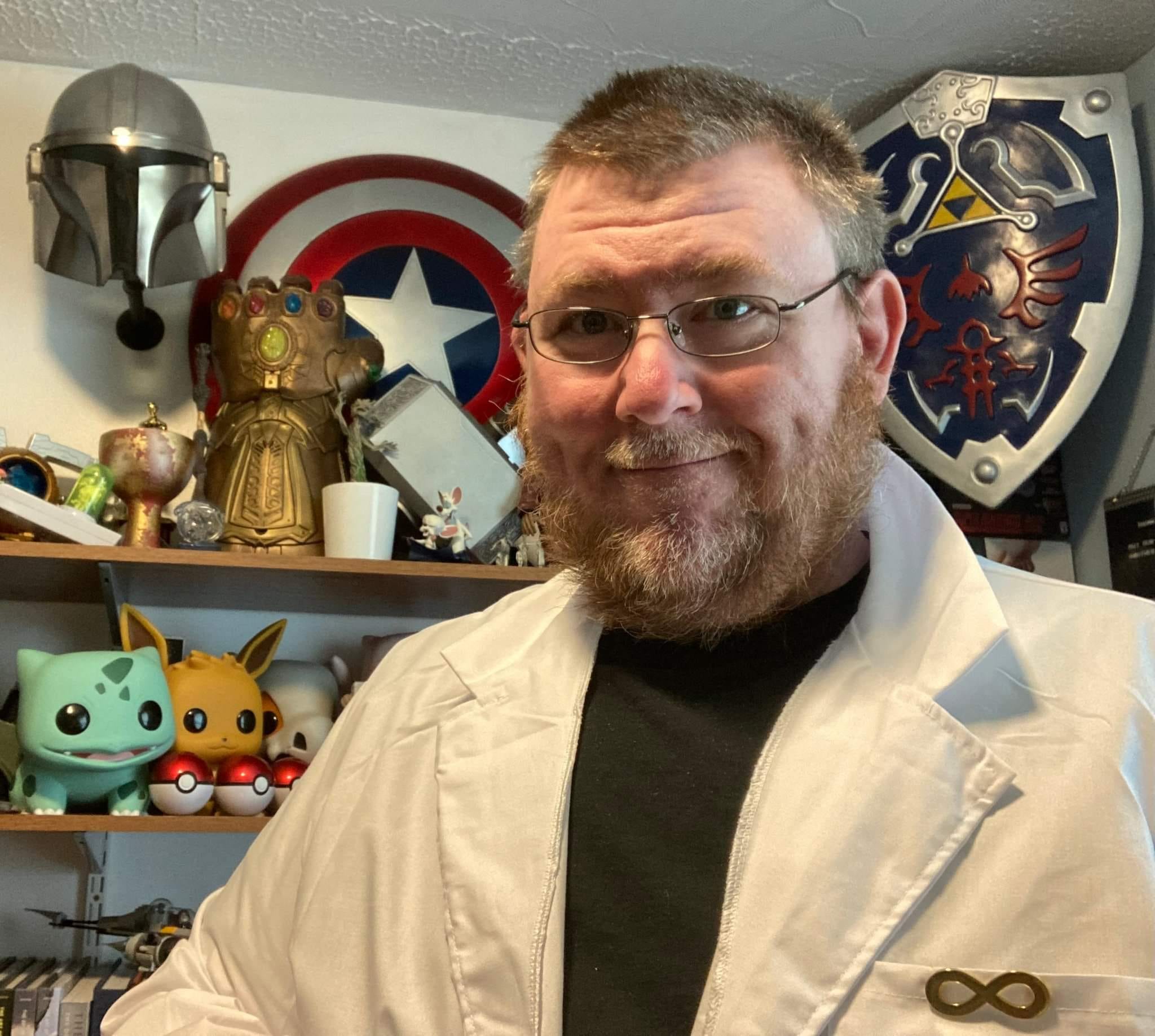
Listen to Autistic podcast hosts discuss: Animation is Autistic
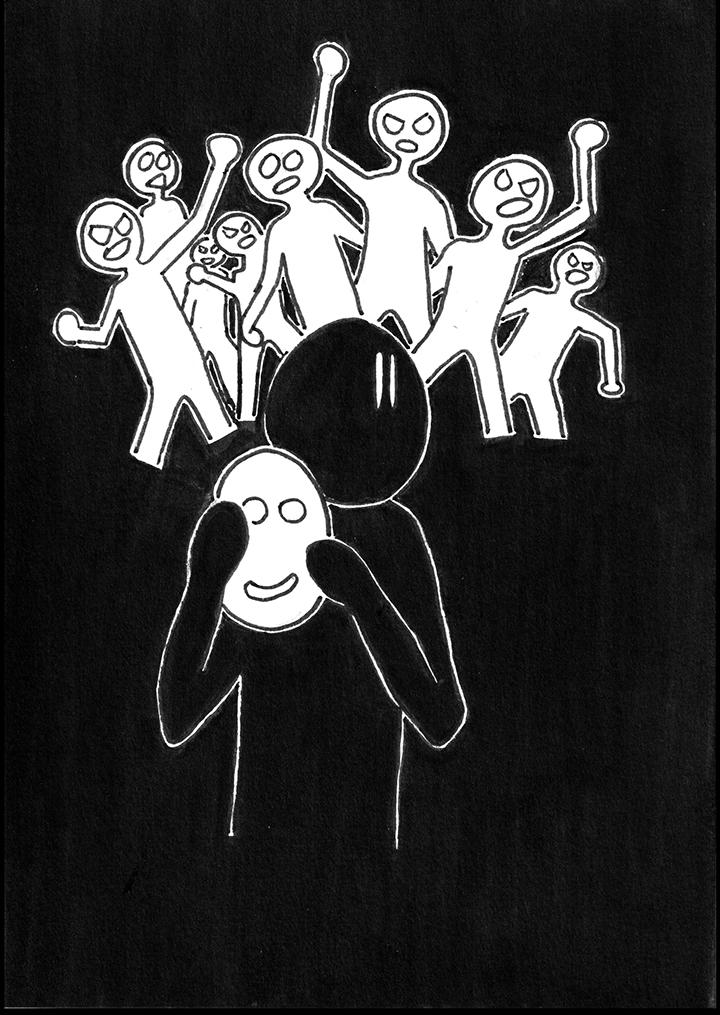
The Heartbreak and Shame of Pretending to be Normal in A Neurotypical World
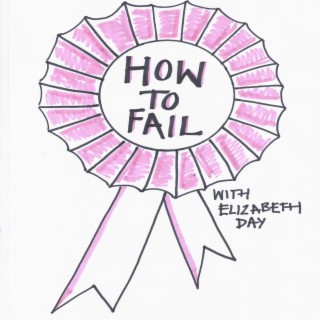
How To Fail With Elizabeth Day, Podcast

How To Thrive As A Loner. People been asking me my success…, by Alesha Peterson
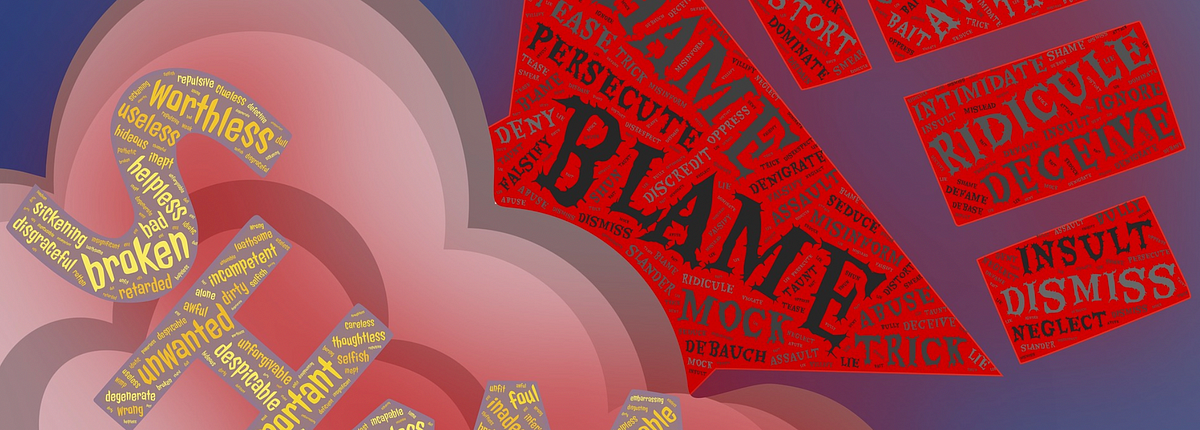
Shame and Being Neurotypical. I have an untested hypothesis about…, by Anne MacMillan, MLA, REAL Neurodiverse Marriage

September 2022 BookPage by BookPage - Issuu

Life, Animated: A Story of Sidekicks, Heroes, and Autism by Ron Suskind
Do narcissists want people to leave them? - Quora

310 Activist Art ideas in 2023

Identity

PDF) Changing conversations about autism: A critical, action implicative discourse analysis of U.S. neurodiversity advocacy online (dissertation)
Does a narcissist feel bad and realize what they lost after a breakup? - Quora
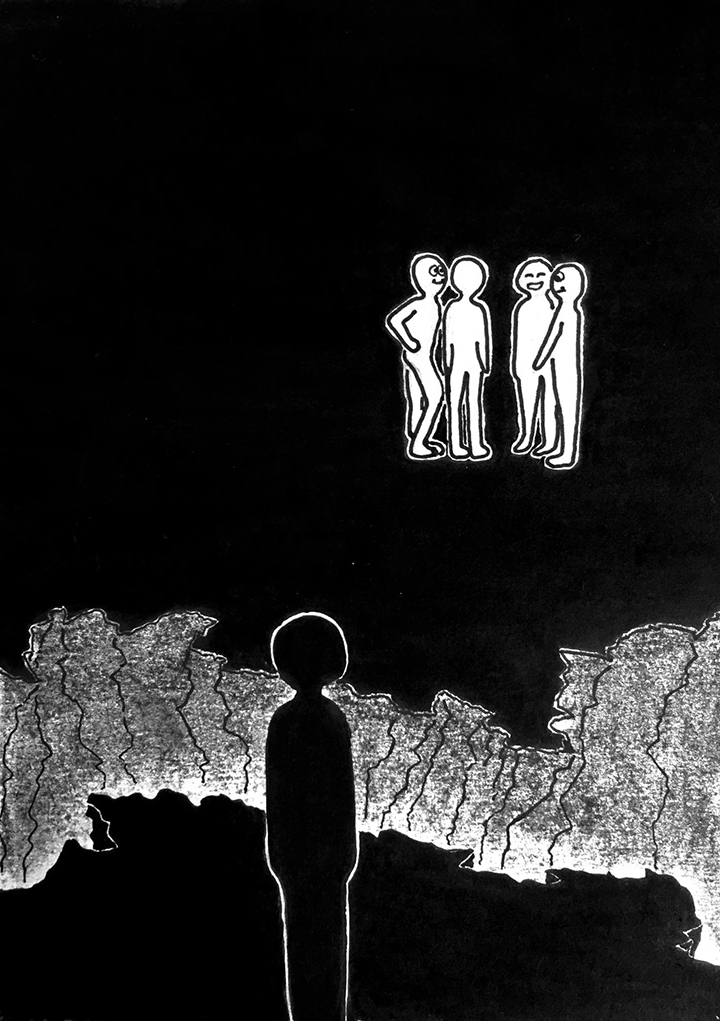
The Heartbreak and Shame of Pretending to be Normal in A Neurotypical World

Blog — Kincaid Rabb

Identity
de
por adulto (o preço varia de acordo com o tamanho do grupo)





